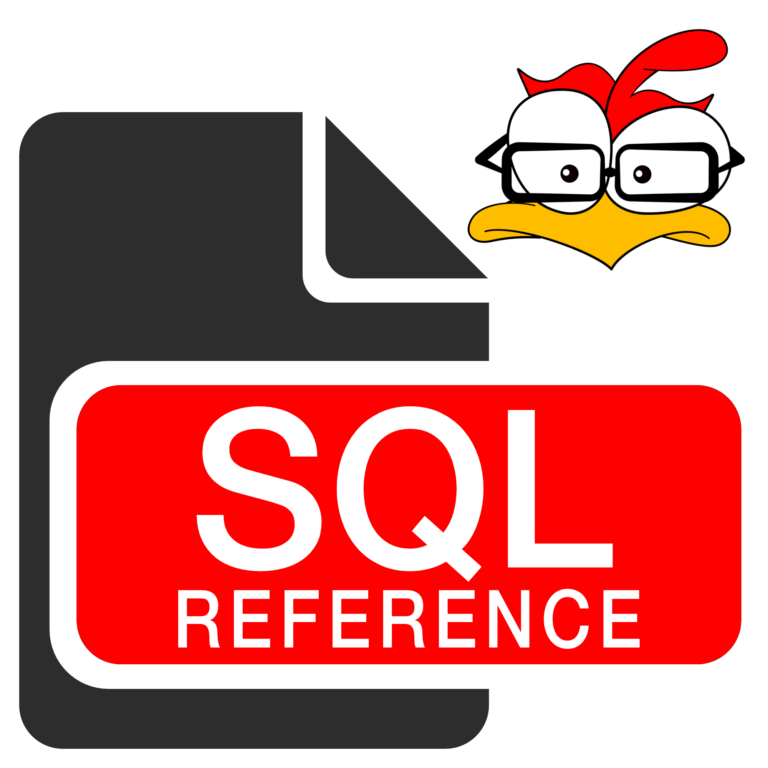
SQL – LEFT JOIN Keywords
The LEFT JOIN keywords return all rows from the left table, and the matching rows from the right table (NULL from the right side if there is no match).

The LEFT JOIN keywords return all rows from the left table, and the matching rows from the right table (NULL from the right side if there is no match).

The LIKE keyword is used in a WHERE clause to search for a specified pattern in a column. It can use two wildcards: % and _.

The LIMIT keyword is used to specify the number of records to return (MySQL).

The NOT keyword is used with other SQL keywords to only include rows where a condition is NOT true.

The NOT NULL keywords enforces a column to NOT accept NULL values (a record cannot be inserted/updated without adding a value to that field).

The OR keyword is used with the WHERE keyword to include rows where at least one of multiple conditions are true.

The ORDER BY keywords are used to sort the result set using a specified column in ascending order (A – Z) or descending (Z – A) order.

The PRIMARY KEY keywords uniquely identifies each record in a table, which can have only one primary key consisting of a single field or multiple fields.

The PROCEDURE keyword is used with the CREATE keyword to create a stored procedure (prepared SQL code to be reused many times).

The RIGHT JOIN keywords returns all rows from the right table, and the matching rows from the left table (NULL from the left side if there is no match).

The SELECT keyword is used to select specified data from a database.

The SELECT INTO keywords copies data from one table and inserts it into another table.

The SET keyword is used with UPDATE to specify which columns and values should be updated in a table.


The TOP keyword is used to specify the number of records to return (SQL Server).

The TRUNCATE TABLE keywords deletes all the data inside a table, but not the table itself.

The UNION keyword combines the result set of two or more SELECT statements (returning only distinct values).

The UNION ALL keywords combines the result set of two or more SELECT statements (will return duplicate values).

The UNIQUE keyword ensures that all values in a column are unique.

Thanks for your support!
All are affiliate links. Thank you for your support!